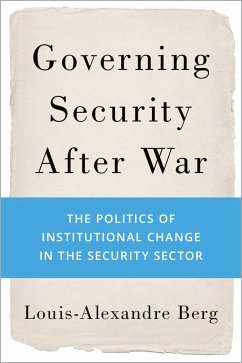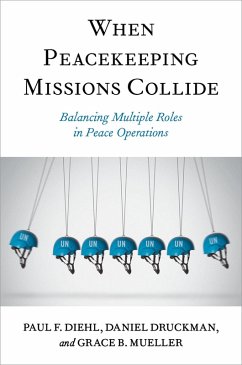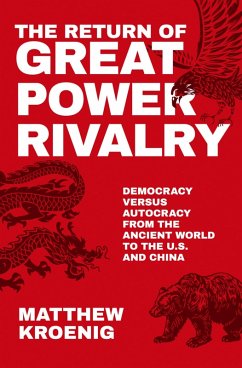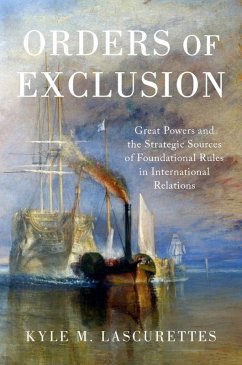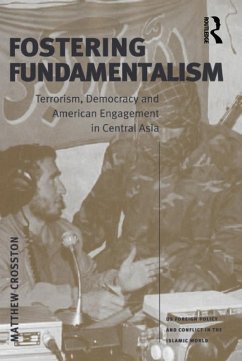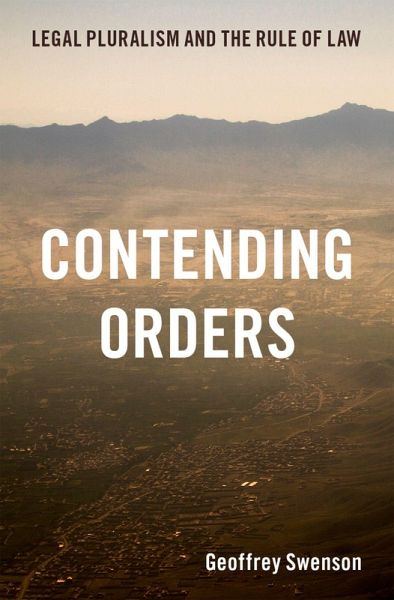
Contending Orders (eBook, PDF)
Legal Pluralism and the Rule of Law
Versandkostenfrei!
Sofort per Download lieferbar
30,95 €
inkl. MwSt.
Weitere Ausgaben:

PAYBACK Punkte
15 °P sammeln!
In most countries, it is the norm for state courts to operate alongside powerful non-state justice systems, whose roots lie in custom, religion, or tradition. Indeed, non-state justice is frequently the dominant form of legal order. In the developing world, an estimated 80 to 90 percent of disputes are handled outside the state justice system, and nearly all post-conflict states feature extensive legal pluralism because of the weak institutions and contested authority endemic to conflict and post-conflict states. Yet the role of legal pluralism is frequently misunderstood and when different ju...
In most countries, it is the norm for state courts to operate alongside powerful non-state justice systems, whose roots lie in custom, religion, or tradition. Indeed, non-state justice is frequently the dominant form of legal order. In the developing world, an estimated 80 to 90 percent of disputes are handled outside the state justice system, and nearly all post-conflict states feature extensive legal pluralism because of the weak institutions and contested authority endemic to conflict and post-conflict states. Yet the role of legal pluralism is frequently misunderstood and when different justice systems clash, prolonged, potentially even violent conflict, can result. In Contending Orders, Geoffrey Swenson proposes a new way to understand how state and non-state authorities interact by exploring the full range of legally pluralist environments-combative, competitive, cooperative, and complementary. Drawing upon insights from Afghanistan and Timor-Leste, two countries with extensive legal pluralism, he identifies and critically examines commonly used strategies in legally pluralistic environments. Swenson also illustrates how national and international actors can better engage non-state justice systems. Further, Swenson shows how multiple justice systems can not only co-exist but work together to contribute to the development of a democratic state bound by the rule of law. It is not enough to merely recognize that legal pluralism exists; scholars and policymakers must understand how legal pluralism actually functions. Contending Orders both analyzes the forces that are shaping the relationship between the state and non-state justice worldwide and offers policy strategies to promote the rule of law and good governance wherever legal pluralism thrives.
Dieser Download kann aus rechtlichen Gründen nur mit Rechnungsadresse in A, B, BG, CY, CZ, D, DK, EW, E, FIN, F, GR, HR, H, IRL, I, LT, L, LR, M, NL, PL, P, R, S, SLO, SK ausgeliefert werden.





